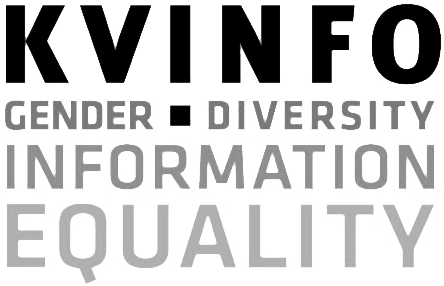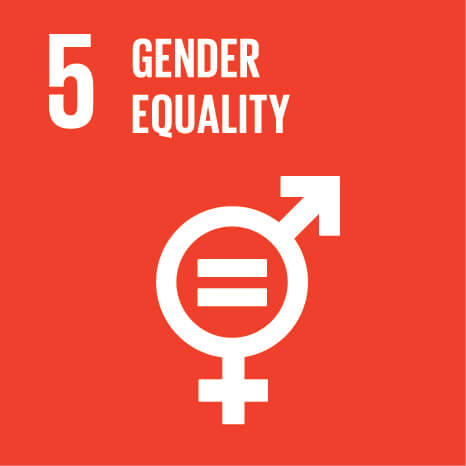
KVINFO’s approach to gender equality and the human rights
KVINFO aims to enforce equality and rights through the practical integration of the following 6 human rights principles:
- Structural root causes: At the root of poverty and rights violations lie complex social, cultural, political and economic structures that exclude certain groups of women, men and children. Development efforts must not only meet their immediate needs but must also analyze and address the policies, laws, institutions, social patterns and practices, power relations, etc. that exclude and discriminate against certain groups in society.
- Participation: Participation is vital for ensuring active and equal engagement and influence among disadvantaged and marginalized women, men and children whom are recognized as rights-holders. This implicates understanding and taking into account the social and practical barriers that may prevent some women and men from participating. This includes the specific measures needed to facilitate equal and active participation e.g. timing and location of meetings, events, special training etc.
- Non-discrimination and equality: Non-discrimination and equality is not only about formal equality in law but also about equal enjoyment of rights in practice. Development strategies must consequently give priority to the interests of the most marginalized and vulnerable women and men in society – those whose rights are denied or violated. This implies working strategically to change discriminatory mechanisms, institutions, legislation, norms and practices.
- Empowerment: Empowerment is about increasing the capacity of the rights-holders. This means enabling them to claim their rights and to respond accordingly to violations. It involves strengthening capacities for understanding existing rights, acting on rights violations, controlling resources and influencing decision-making among those with rights obligations and responsibilities. Empowerment should address political and legal empowerment as well as economic empowerment.
- Accountability: Accountability is about international human rights standards and living up to these standards. Rights cannot be enforced without a clear understanding of who has the obligations to enforce them, and why these obligations are not being met. This automatically raises questions about the actions and accountability of duty-bearers, and requires us to identify the obligations of the relevant duty-bearer and work towards a situation where these duty-bearers have the capacity and will to enforce the human rights standards.
- Human Rights Standards: This is about using existing laws and relevant human rights standards in our work around equal rights – in other words, to work for equal rights of women and men in the constitution or in framework laws. It is about analyzing rights deprivations or violations, presenting shadow reports to the UN Commission on the Status of Women, the CEDAW committee etc.
KVINFO is determined to apply human rights based approach in all projects, acknowledging that different contexts, sectors and target groups require different strategies.




